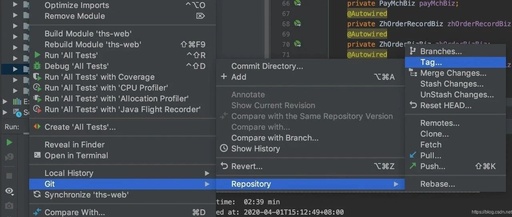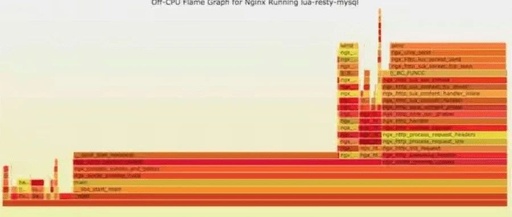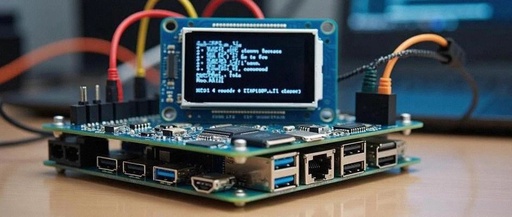Can You Believe It? Assembly Language Ranks in the Top 10 Programming Languages for July
TIOBE has updated the programming language rankings for July 2016, and the biggest highlight this month is that the low-level assembly language has once again entered the top 10. Many people are surprised by the reasons that have led this low-level programming language to re-enter the top 10. They do not understand why a language … Read more









